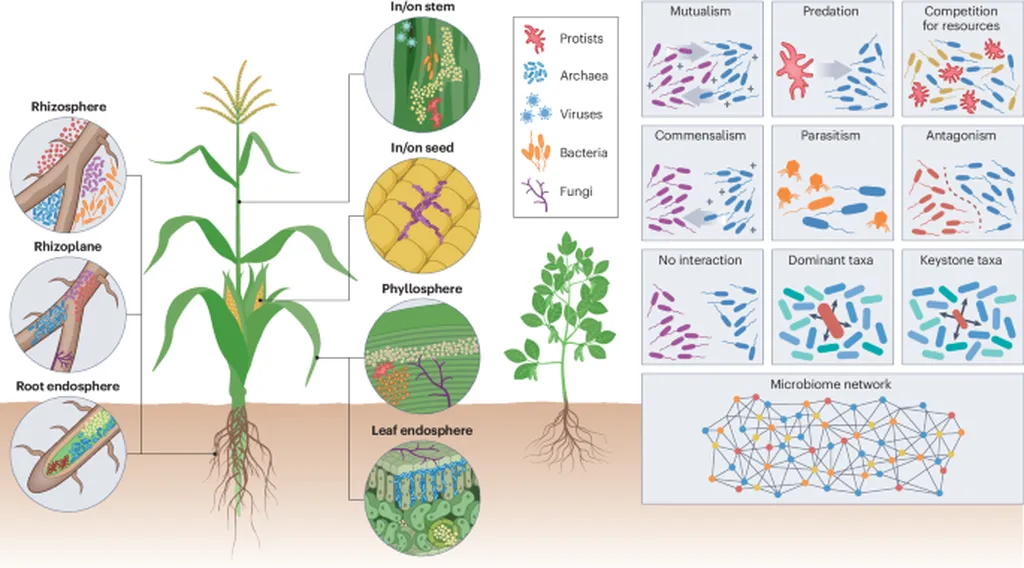In the face of escalating climate change and soil degradation, the agricultural sector is in urgent need of innovative solutions to safeguard crop resilience and food security. A recent study published in *Frontiers in Agronomy* (translated to English as *Frontiers in Agronomy*) offers a promising avenue: harnessing the power of cell-free supernatants (CFSs) derived from beneficial bacteria. This research, led by Nadia Monjezi of McGill University’s Plant Science Department, explores how CFSs can enhance plant growth and resilience under environmental stress, particularly salinity.
CFSs are bioactive compounds extracted from microbial cultures, offering a sustainable alternative to conventional agricultural methods. “By employing these compounds, we can support plant growth and fight abiotic stressors, contributing to agricultural sustainability,” Monjezi explains. The study highlights the effectiveness of CFSs in promoting seed germination and improving overall plant health, even under challenging conditions like soil salinity. This is a significant breakthrough, as salinity stress affects millions of acres of farmland worldwide, leading to substantial crop losses.
The research also underscores the role of CFSs in enhancing nutrient absorption and bolstering plant defense mechanisms. “CFSs provide a reliable approach to mitigate crop losses and safeguard food security,” Monjezi adds. Among various production methods, centrifugation and filtration stand out due to their simplicity and efficiency, making CFSs a scalable and eco-friendly solution.
However, the study acknowledges technical limitations and the absence of field-level studies, highlighting a critical research gap. “Further evaluation of CFS performance under real agricultural conditions is necessary,” Monjezi notes. This gap presents an opportunity for collaborative research and innovative application methods to bridge the divide between lab results and practical farming.
The potential commercial impacts of this research are substantial. As the agricultural sector seeks sustainable and resilient solutions, CFSs could revolutionize crop production systems. By enhancing plant resilience and reducing crop losses, CFSs can contribute to global food security and support the energy sector by ensuring stable food supplies and reducing the environmental footprint of agriculture.
This study not only opens new avenues for sustainable agriculture but also underscores the importance of interdisciplinary research. As Monjezi and her team continue to explore the applications of CFSs, the agricultural community watches closely, hopeful for a future where microbial solutions play a pivotal role in ensuring food security and environmental sustainability. The journey from lab to field is just beginning, and the potential is immense.

